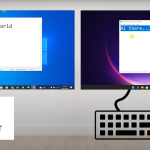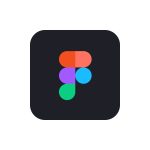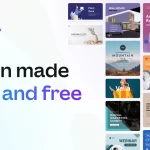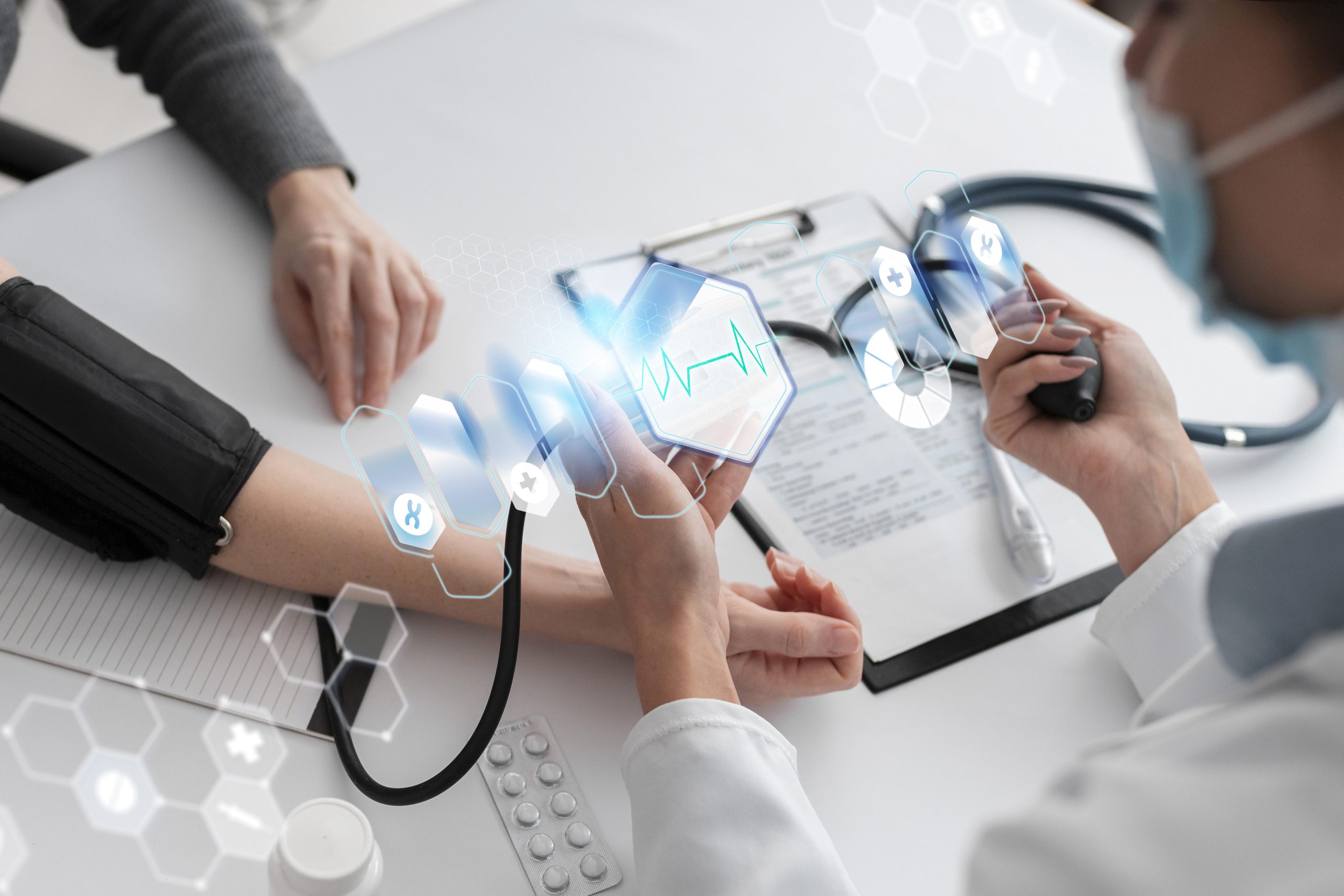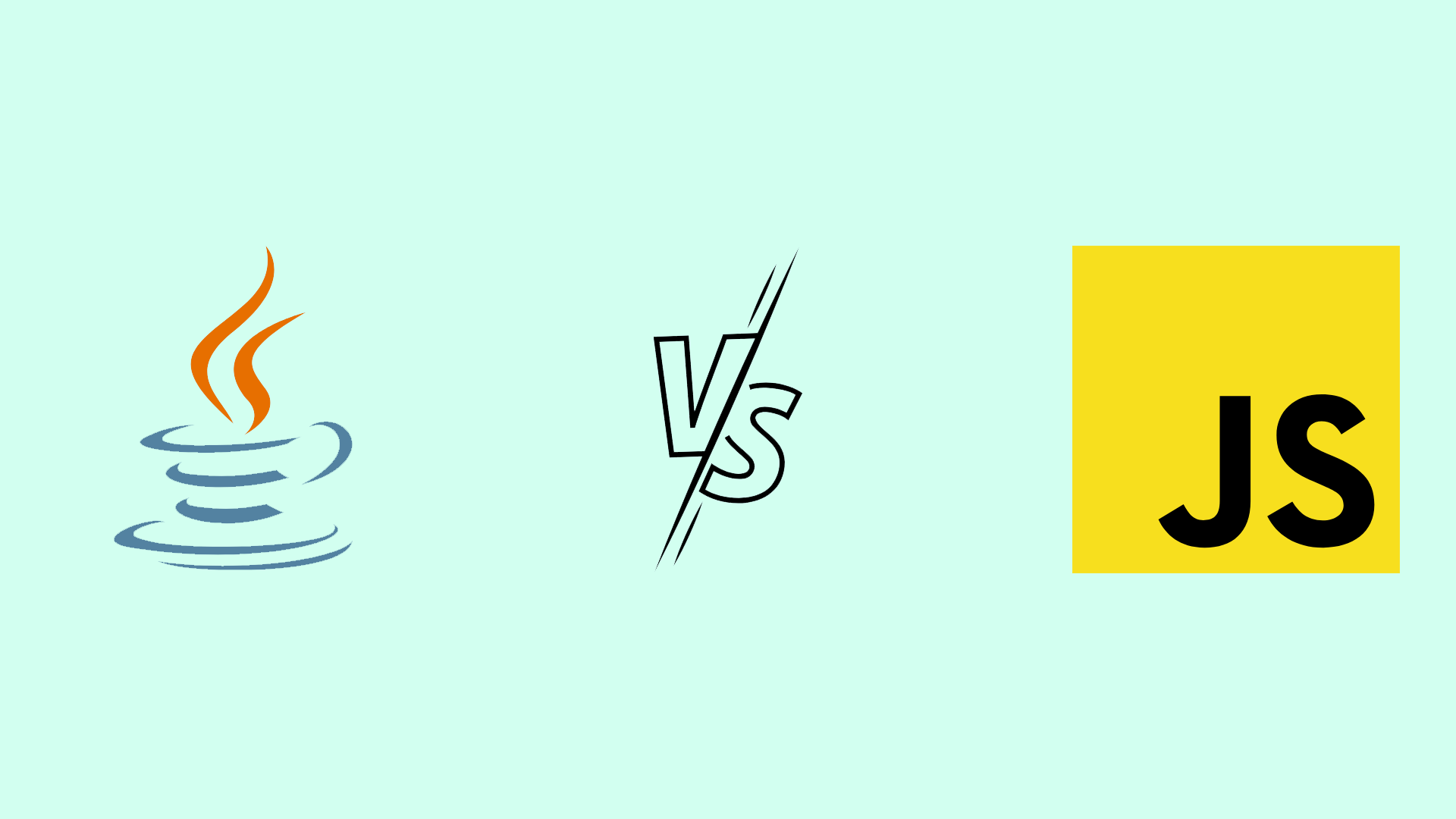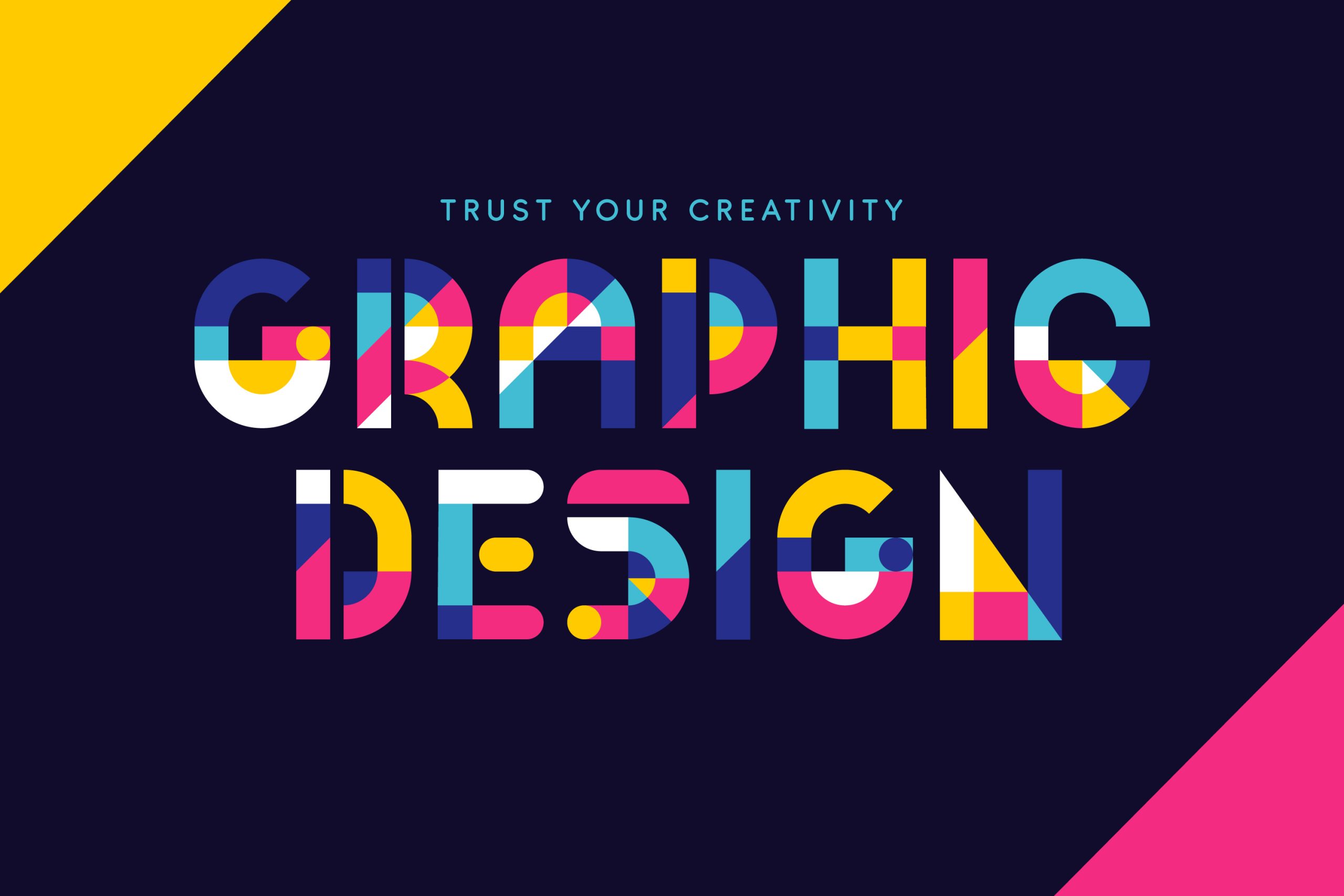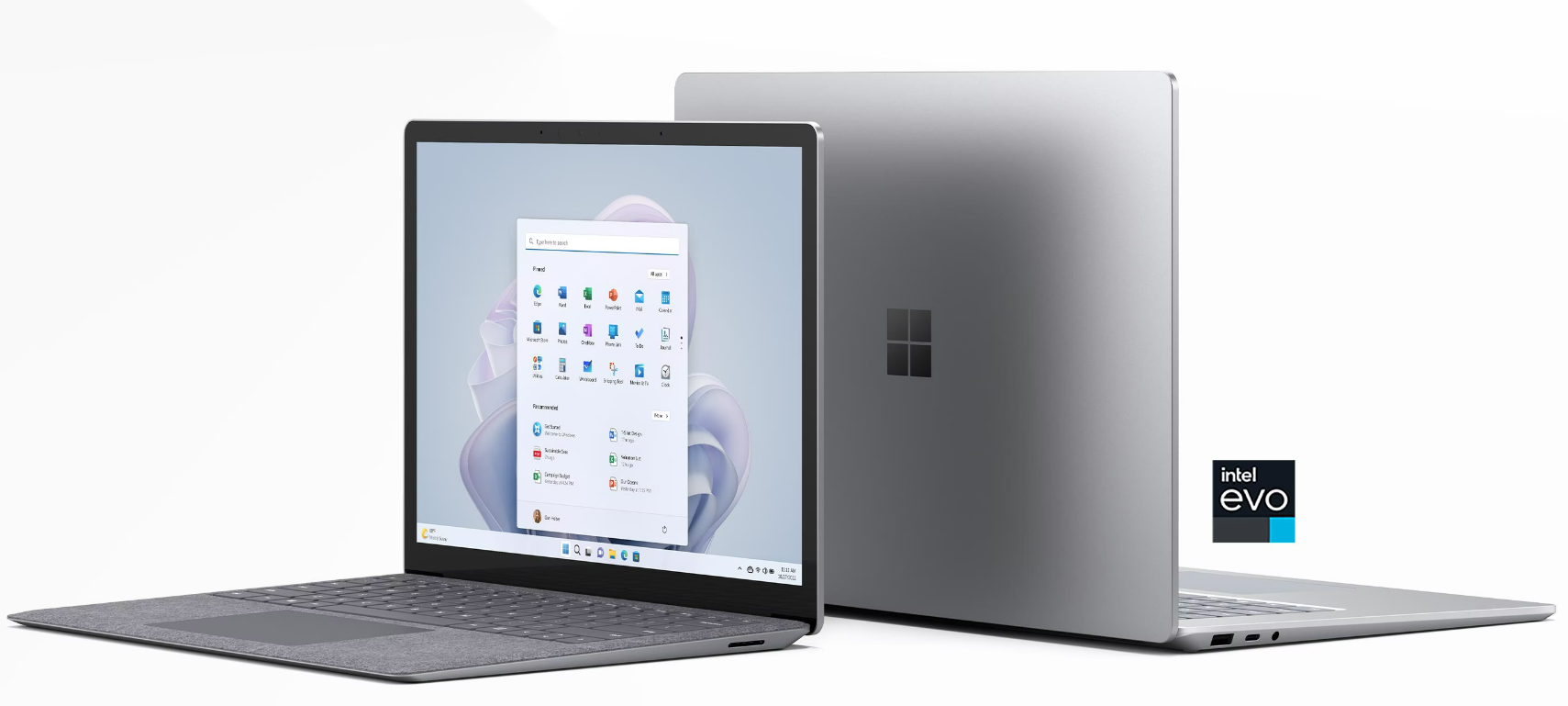Table of Contents
Introduction | How Health Tech is Transforming Lives
Welcome to a world where technology is not just advancing but transforming lives – Health Tech, the revolutionary field that is unlocking the doors to our best selves. In this health tech article, we’ll explore the evolution of Health Tech, its impact on personalized healthcare, wearable technology, telemedicine, AI in health diagnosis, mental well-being, and much more.
The Evolution of Health Tech
Early Beginnings
Health Tech’s journey traces back to humble beginnings, where basic technologies were used for medical purposes. From the discovery of X-rays to the development of the first ECG machine, each step marked progress towards a future where technology plays a vital role in healthcare.
Technological Advancements
Today, we stand at the forefront of a technological renaissance. Advancements in AI, IoT, and data analytics have fueled the Health Tech industry’s growth, allowing for more accurate diagnostics, personalized treatments, and proactive health management.
Impact on Personalized Healthcare
Customized Treatment Plans
Gone are the days of one-size-fits-all healthcare. Health Tech empowers medical professionals to create personalized treatment plans, taking into account an individual’s unique genetic makeup, lifestyle, and medical history.
Real-time Health Monitoring

The integration of real-time health monitoring devices allows users to track their health metrics continuously. From monitoring blood pressure to analyzing sleep patterns, individuals can take proactive measures to maintain optimal health.
Wearable Technology in Health
Fitness Trackers
Wearable fitness trackers have come ubiquitous in our hunt for a healthier life. These bias cover physical exertion, give perceptivity into exercise routines, and encourage druggies to stay active.
Smartwatches for Health Monitoring
Beyond fitness, smartwatches equipped with health monitoring features provide a comprehensive overview of an individual’s well-being. ECG tracking, blood oxygen levels, and even stress detection contribute to a holistic understanding of health.
Telemedicine and Virtual Consultations
Accessibility and Convenience
The rise of telemedicine has converted healthcare to the fingertips of millions. Virtual consultations provide accessibility, particularly in remote areas, and eliminate the barriers of distance and time.
Remote Monitoring of Patients
For individuals with chronic conditions, remote monitoring through Health Tech ensures consistent observation. Healthcare providers can track patients’ vitals and intervene promptly if any anomalies arise.
AI in Health Diagnosis
Precision and Efficiency
AI’s role in health diagnosis cannot be overstated. Its ability to analyze vast datasets allows for precise identification of diseases and conditions, significantly reducing the time taken for diagnosis.
Enhancing Diagnostic Accuracy
Machine learning algorithms continuously learn and adapt, improving diagnostic accuracy over time. This not only aids in early detection but also enhances the overall efficiency of healthcare systems.
Health Tech and Mental Well-being
Mental Health Apps
Acknowledging the importance of mental health, Health Tech has ventured into the realm of mental well-being. Apps offering meditation guidance, mood tracking, and virtual counseling contribute to holistic health management.
Therapeutic Wearables
Innovative wearable devices designed for mental health go beyond monitoring. Some offer real-time feedback and interventions, providing users with tools to manage stress, anxiety, and other mental health challenges.
Challenges and Concerns
Data Security
With the convenience of Health Tech comes the concern of data security. Safeguarding sensitive health information is paramount to ensuring the trust and confidence of users.
Ethical Considerations
As technology advances, ethical considerations surrounding issues like consent, data ownership, and algorithmic bias need careful attention. Striking the right balance between innovation and ethical responsibility is crucial.
Future Trends in Health Tech
Integration of AI and Robotics
The future promises an even deeper integration of AI and robotics in healthcare. Surgical robots, AI-driven treatment plans, and automated diagnostics are on the horizon.
Biofeedback Devices
Biofeedback devices that provide real-time information about the body’s physiological processes will become more prevalent. Users can use this information to make immediate lifestyle adjustments for better health.
Real-life Transformations
Success Stories
Numerous individuals have experienced transformative journeys through Health Tech. From managing chronic conditions to achieving fitness goals, these success stories highlight the tangible impact of technology on lives.
User Experiences
Exploring the experiences of users who have embraced Health Tech gives a human touch to its transformative power. Real-life anecdotes provide insights into the practical benefits and challenges of integrating technology into healthcare.
The Role of Health Tech in Prevention
Predictive Analytics
Health Tech’s predictive analytics capabilities empower individuals to take proactive measures. Early identification of potential health issues allows for preventive actions, reducing the burden on healthcare systems.
Early Detection of Health Issues
The ability of Health Tech to detect health issues in their early stages significantly improves treatment outcomes. Early intervention can be a game-changer in managing and even curing certain conditions.
Addressing Skepticism
Debunking Myths
As with any technological advancement, skepticism exists. Debunking common myths surrounding Health Tech is essential to fostering trust and encouraging broader adoption.
Building Trust
Transparent communication, stringent data protection measures, and continuous education are key elements in building trust in Health Tech. Ensuring users understand the technology fosters a positive and informed user experience.
The Need for User Education
Understanding Health Tech
User education is paramount in maximizing the benefits of Health Tech. Understanding how these technologies work and integrating them into one’s lifestyle effectively requires informed choices.
Maximizing Benefits
Health Tech’s potential can be fully realized when users are educated on optimizing its benefits. From using wearable devices effectively to navigating telemedicine platforms, knowledge empowers users to make the most of these tools.
Conclusion
In conclusion, the transformative power of Health Tech is evident in every aspect of healthcare. From personalized treatment plans to real-time monitoring and mental well-being support, technology is unlocking our best selves. Embracing these advancements, addressing challenges, and prioritizing user education will ensure a future where Health Tech continues to positively transform lives.
FAQs
- Is Health Tech only for fitness enthusiasts?
- No, Health Tech caters to a wide range of healthcare needs, from chronic disease management to mental well-being support.
- How secure is the data collected by Health Tech devices?
- Data security is a top priority in Health Tech, with stringent measures in place to protect user information.
- Can AI really replace human diagnosis in healthcare?
- AI complements human diagnosis, enhancing efficiency and precision, but the human touch remains irreplaceable.
- Are wearable devices only for monitoring physical health?
- Wearable devices now include features for monitoring mental health, providing a comprehensive health overview.
- How can I stay informed about the latest developments in Health Tech?
- Regularly checking reputable sources, attending conferences, and following industry publications can keep you updated on Health Tech advancements.
Check out our techno post Adobe Generative AI Unleashed: Revolutionize Your Digital World with This Game-Changing Guide in 2024

